Cognitive Science
Cognitive Science explores human cognition through interdisciplinary research, blending psychology, neuroscience, linguistics, philosophy, and computer science to understand mental processes and behavior.
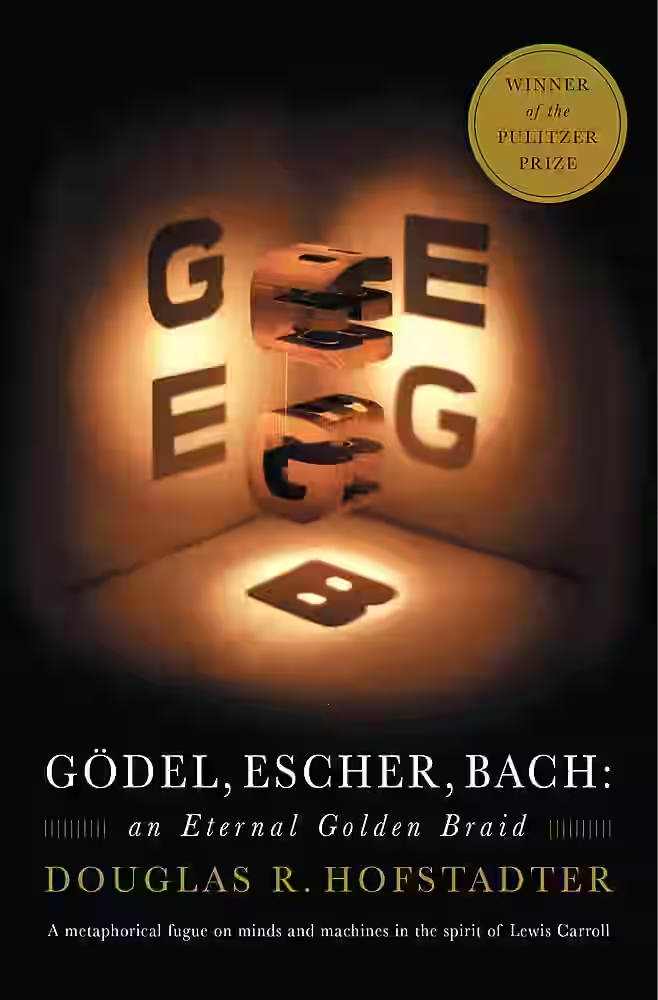
Godel, Escher, Bach: An Eternal Golden Braid
In 'Godel, Escher, Bach: An Eternal Golden Braid', Douglas Hofstadter weaves together the enigmatic works of mathematician Kurt Godel, artist M.C. Escher, and composer Johann Sebastian Bach to explore the interconnectedness of logic, art, and music. Through a series of engaging dialogues, thought experiments, and puzzles, Hofstadter delves into complex concepts such as recursion, self-reference, and consciousness, challenging readers to ponder the nature of intelligence and creativity. This Pulitzer Prize-winning book is a masterful blend of philosophy, mathematics, and art that invites readers on a mind-bending journey through the mysteries of human cognition and the limits of formal systems.
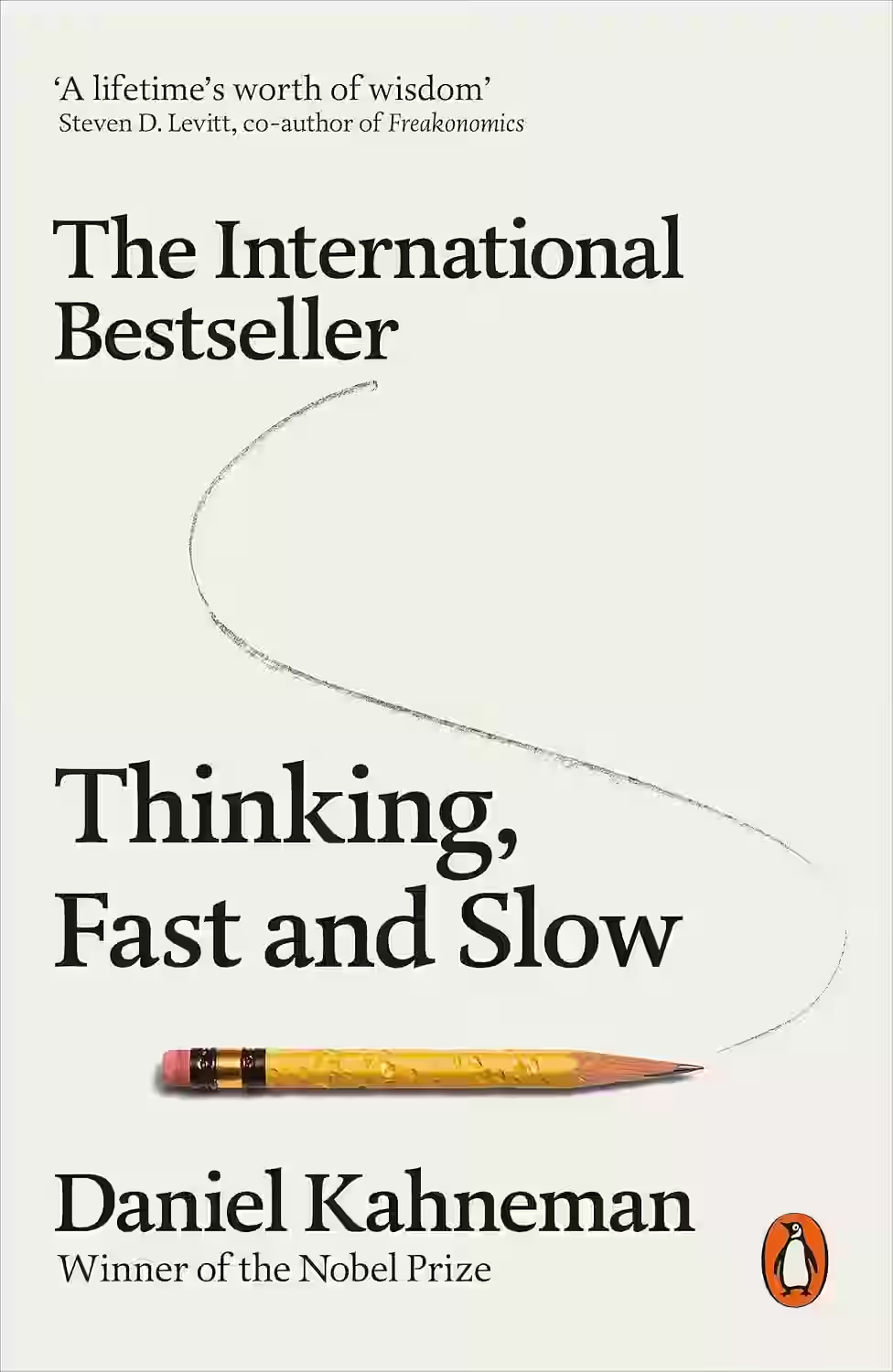
Thinking, Fast and Slow
In 'Thinking, Fast and Slow,' Daniel Kahneman, a renowned psychologist and Nobel laureate, delves into the fascinating world of our thought processes. He introduces readers to the two systems that drive the way we think: the fast, instinctive and emotional System 1, and the slow, deliberate and logical System 2. Through engaging anecdotes and thought-provoking experiments, Kahneman explores the biases and heuristics that influence our decisions, leading to both enlightening and unsettling revelations about human cognition. This groundbreaking book not only challenges our understanding of decision-making but also offers valuable insights into how we can navigate the complexities of our minds to make better choices.
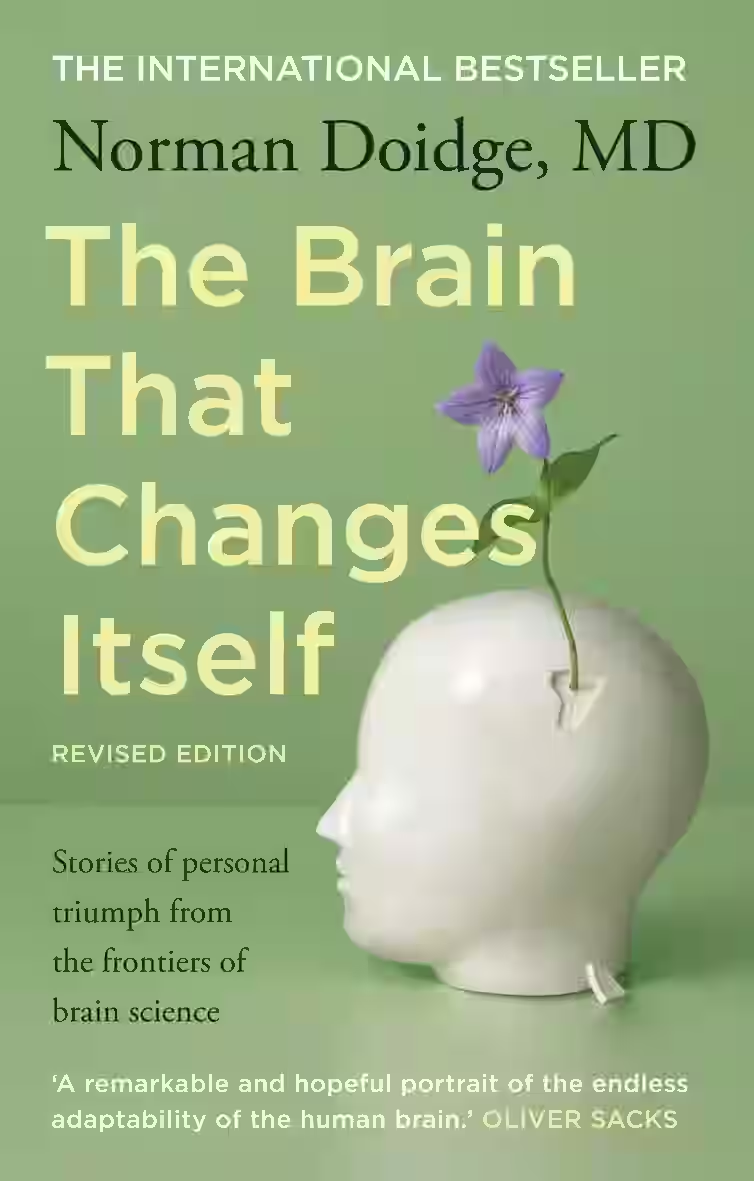
The Brain That Changes Itself
In 'The Brain That Changes Itself' by Norman Doidge, readers embark on a fascinating journey through neuroscience and the concept of neuroplasticity. Through engaging storytelling and insightful research, Doidge delves into the brain's remarkable ability to rewire itself, challenging long-held beliefs about its fixed nature. He presents compelling real-life cases of individuals overcoming physical and mental challenges through the brain's adaptability, offering hope and inspiration. From stroke victims to individuals with learning disabilities, each story showcases the brain's astonishing potential for change. Doidge's exploration of neuroplasticity revolutionizes our understanding of the brain and opens up new possibilities for personal growth and healing.
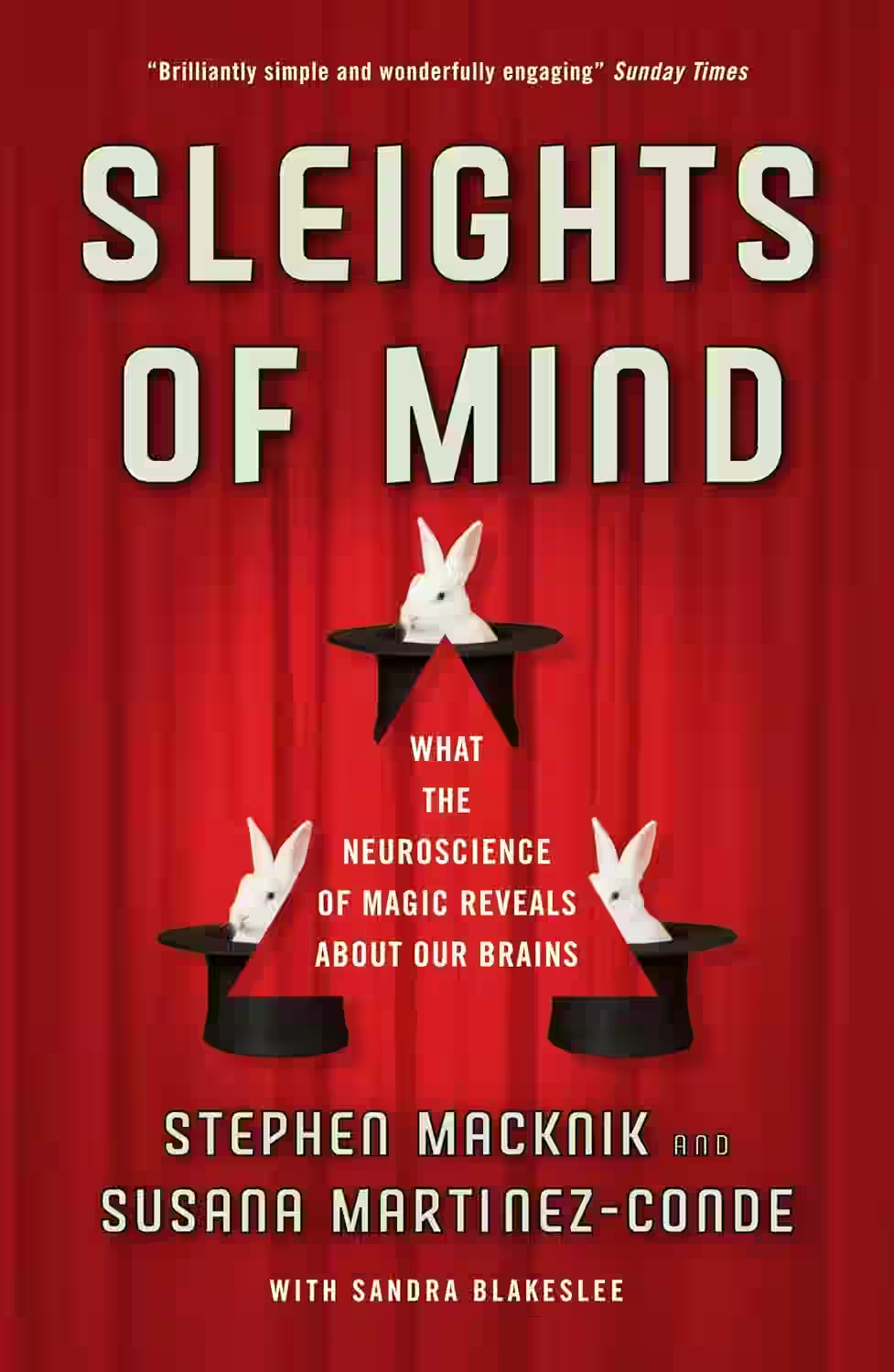
Sleights of Mind: What the Neuroscience of Magic Reveals About Our Everyday Deceptions
by Stephen L. Macknik, Susana Martinez-Conde
In 'Sleights of Mind: What the Neuroscience of Magic Reveals About Our Everyday Deceptions,' authored by Stephen L. Macknik, we delve into the fascinating intersection of magic tricks and neuroscience. This illuminating book explores how magicians exploit the brain's cognitive processes to deceive our perceptions, offering insights into how our minds interpret reality. Through engaging stories and experiments, Macknik and his co-authors unravel the mysteries of attention, memory, and perception. Readers will be captivated by the revelations about how easily our senses can be manipulated and how understanding these illusions can shed light on everyday deceptions. 'Sleights of Mind' is a thought-provoking journey that bridges the gap between magic and science.
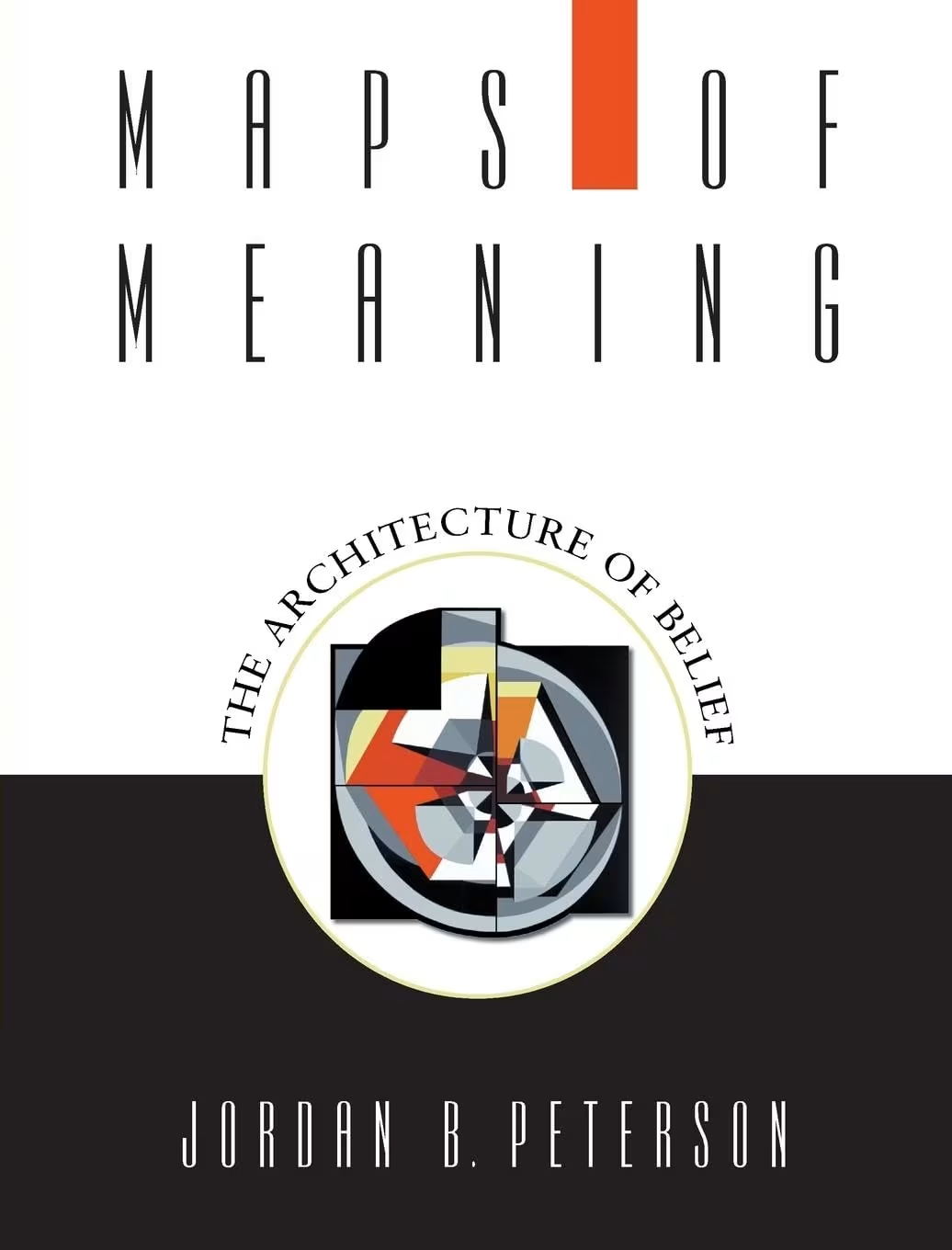
Maps of Meaning: The Architecture of Belief
In 'Maps of Meaning: The Architecture of Belief,' Jordan B. Peterson delves into the exploration of symbolism, religion, and the human psyche. By dissecting myths, psychology, and philosophy, Peterson uncovers the underlying patterns that shape our beliefs and behavior. He delves into the concept of chaos and order, elucidating how individuals navigate the complexities of existence. Through a blend of academic rigor and accessible language, Peterson offers readers insights into the nature of meaning and the power of storytelling in shaping our understanding of the world. This thought-provoking and intricate book challenges readers to contemplate the structure of their beliefs and the profound impact of culture on our lives.